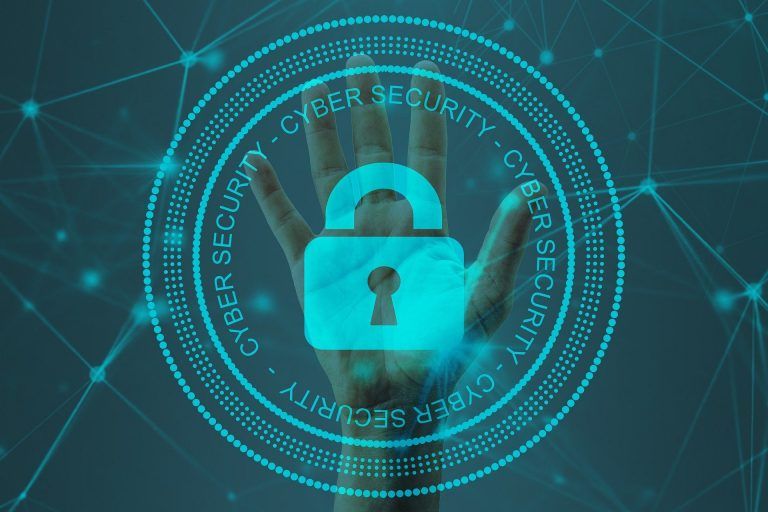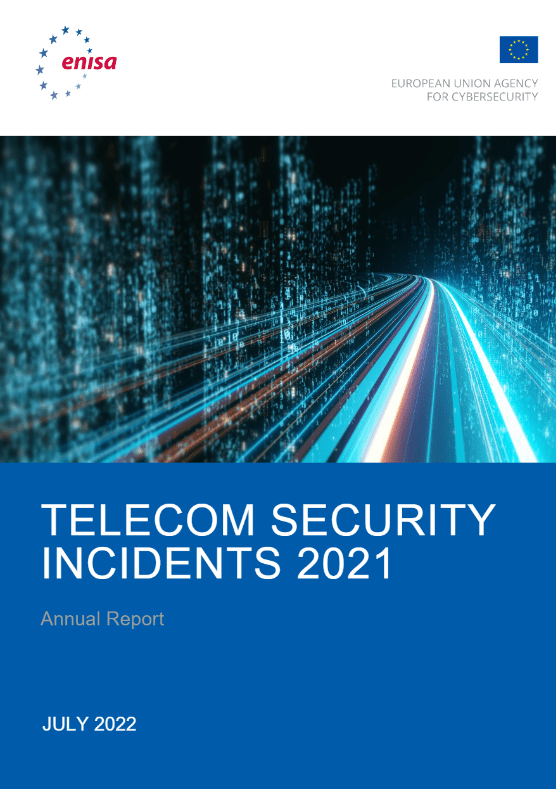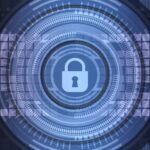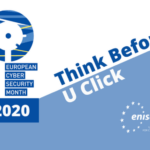The European Union Agency for Cybersecurity (ENISA) launches the activities of the European Cybersecurity Month (ECSM) awareness campaign and announces the winners of three ECSM awards for best video, best infographics, and best teaching material.
This year’s European Cybersecurity Month was launched by the European Commission Vice-President for Promoting our European Way of Life, Margaritis Schinas, watch the video here.
For its 10-year anniversary, the 2022 edition of the ECSM will be focusing on phishing and ransomware, with a series of activities taking place all over the EU throughout October.
Phishing & Ransomware in brief
Phishing is a type of attack performed in a digital communication. The targeted victim is lured into providing personal information, financial data or access codes by an attacker pretending to be trustworthy. The only way to counter these attacks is to empower people and give them the right tools and tricks to detect them and avoid falling into the traps.
Ransomware has been identified as the most devastating type of cybersecurity attack over the last decade, impacting organisations of all sizes around the globe. It is another type of digital attack, which allows threat actors to take control of the target’s assets and demand a ransom in exchange for the availability and confidentiality of these assets.

The cybersecurity threat landscape
|
Conferences, workshops, training sessions, webinars and quizzes are some of the many activities organised by ENISA and by Member States. The campaign activities users can participate in are available on the European Cybersecurity Month website. In order to better promote Member State campaign materials and showcase stakeholders’ activities, ENISA added the ECSM Awards to the campaign for the first time this year.
Ultimately, the goal of the ECSM campaign is to strengthen the resilience of EU systems and services by enabling citizens to act as effective human firewalls and thus take a step further towards a more cybersecurity-smart society.
In particular, the 2022 edition of the ECSM aims to reach professionals between 40-60 years of age from all sectors of the economy, focusing especially on SMEs. It is also intended for the European business community as a whole and for people whose work depends on digital technologies and tools.
The 2022 European Cybersecurity Month (ECSM) coincides with its 10-year anniversary, since a pilot was first launched in 2012. The campaign is now an integral part of the actions designed to implement the provisions of the EU Cybersecurity Act on awareness raising and education.

Annual report telecom security incidents 2021
|
The ECSM awards
The ECSM Awards is a new initiative falling into the activities of the ECSM campaign. Here, Member State representatives involved in the process will vote every year for the most innovative and impressive materials produced for past ECSM campaigns. Members States were asked to vote from a list of campaign material submitted to the competition.
ENISA congratulates the winning Member States for their successful works, and the winners of the 2022 ECSM awards are:
Best infographic – European Commissioner Johannes Hahn’s message to launch ECSM and introduce the winning infographic
Ireland: Become your own cyber security investigator
Best teaching material – European Commission Director for Digital Society, Trust and Cybersecurity, Lorena Boix Alonso congratulates the winner of the best educational material
Greece: Treasure hunt games for primary school
Best video – ENISA Executive Director, Juhan Lepassaar announces the winners of the best video.
- Slovenia: Darko wants to take his girlfriend on a trip
- Belgium: Passwords are a thing of the past. Protect your online accounts with two-factor-authentication
For the 2022 awards, the winning material will be translated in all EU languages and will be promoted anew within the running year’s campaign. ENISA aims to organise this competition every year.
Source: Press release – ENISA







Leave a Reply